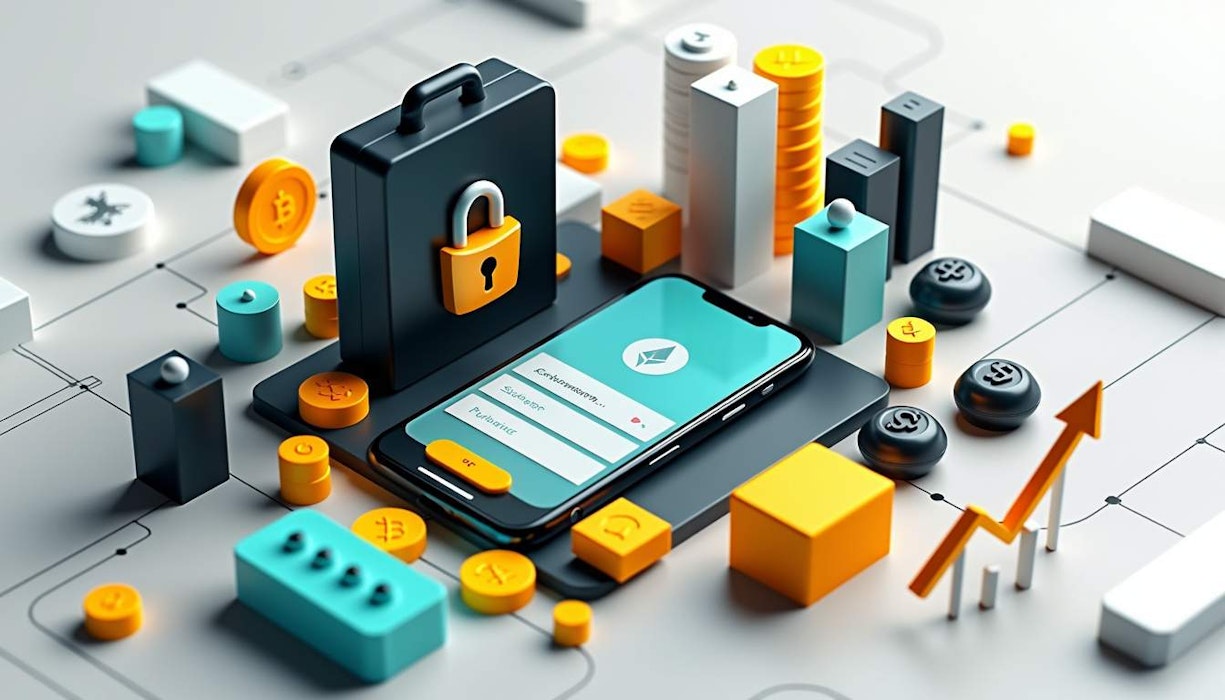I've been diving deep into the crypto world, and one thing is crystal clear: picking the right exchange can make or break your experience. With so many options out there, how do you know which ones are legit and which ones will leave you high and dry? Let’s break it down.
Why Regulation Matters
First off, let’s talk about regulation. This is a biggie. Regulated exchanges follow strict rules set by organizations like the SEC or FCA. This means they’re less likely to pull a fast one on you. On the flip side, unregulated exchanges are basically a wild west—no rules, no protection, and good luck getting your money back if things go south.
Security Features You Can't Ignore
Next up is security features. If an exchange doesn’t have 2FA, I wouldn’t even consider it. Two-Factor Authentication adds another layer of security that’s hard for hackers to bypass. Also, check how they store your funds—do they use a mix of cold (offline) and hot (online) wallets? And are they getting regular security audits? If not, run.
Insurance is another factor to consider. Some exchanges offer insurance against hacks, but be careful—most policies don’t cover losses due to market fluctuations or if you get phished into giving away your info.
Reputation Is Everything
Then there’s reputation. A quick Google search can save you a lot of trouble here. Look for exchanges with a solid track record; those that have been around for years without major incidents are usually safer bets.
And let’s not forget about customer support! If something goes wrong (and it might), you’ll want an exchange that offers responsive support—preferably 24/7 live chat.
Centralized vs Decentralized Exchanges
Now onto the types of exchanges: centralized vs decentralized (CEX vs DEX). Centralized exchanges hold your crypto for you and generally do a good job at keeping it safe (though remember Mt Gox?). Decentralized exchanges let you trade without giving up control of your keys—you are responsible for your own security in that case.
Both have their pros and cons; it really depends on what you're comfortable with.
User Experience Matters Too
User experience shouldn’t be overlooked either. A clean interface can make trading much easier, especially if you're new to this game. And if you're looking for advanced trading options like margin trading or derivatives, make sure the platform offers those as well.
Final Thoughts: Stay Informed and Secure
So there you have it—a rundown on what to look for when choosing an exchange. Remember: create strong passwords (and don’t reuse them!), enable multi-factor authentication wherever possible, and stay vigilant against phishing attempts.
By following these guidelines and doing your homework, you'll be in a much better position to choose an exchange that won’t leave you hanging.
